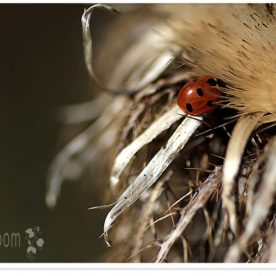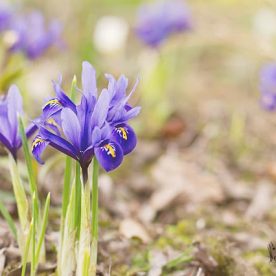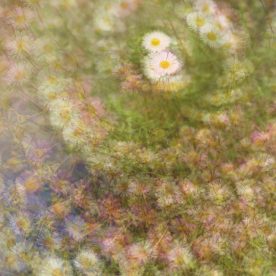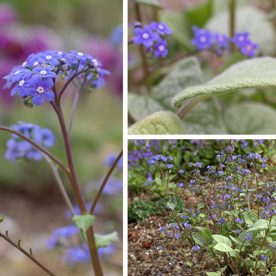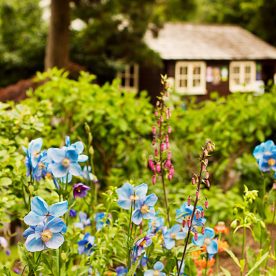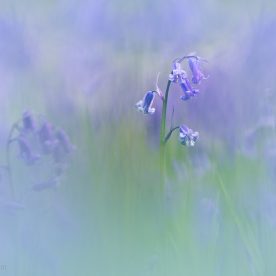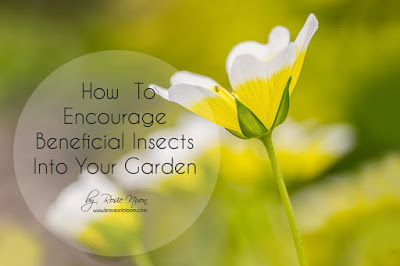
Limnanthes douglasii Green Manure
What's the point in leaving the allotment/vegetable patch bare over the winter? Weeds can grow and take away the nutrients but you can grow Limnanthes douglasii instead!
Bob advocates not only using them as a pollinator friendly flower in the border, but also as a green manure to improve the soil fertility. As a result you'll help to prevent leaching and soil erosion. He says that the common green manures are great for farmers. But quite often the seed mixture will regrow in the garden and the green manure plants are quite large to dig back into the soil. When you use Limnanthes douglasii despite their large root system they are much easier to dig back into the soil as long as you do it before they go to seed.
He even advises that you collect the seed first of all and save it till next year. Then you'll make the garden/allotment self-sufficient in fertility. Once you've incorporated the plants into the soil ... leave them a few weeks to decompose. Then you can start to grow your spring crops.
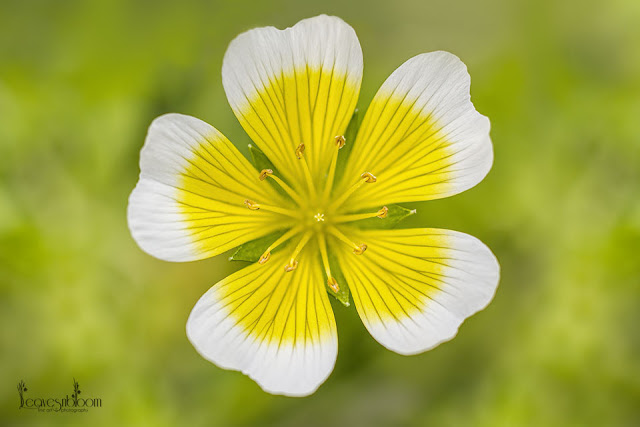
A Win Win Situation!
Limnanthes douglasii are low growing and self-seeding. So 1 packet is maybe all you'll ever need to buy as they're very promiscuous! You can sow the seeds under fruit bushes, shrubs, roses and around other herbaceous plants. Not only will the flowers attract the pollinators but those pollinators when feeding on the pollen and/or nectar will also eat the aphids in your garden. They will also meet their mates in the garden. Subsequently lay their eggs, and their larvae will then eat your future generations of aphids. The plants will also give good ground cover and cut down on the weeding. It's a win win situation all round!
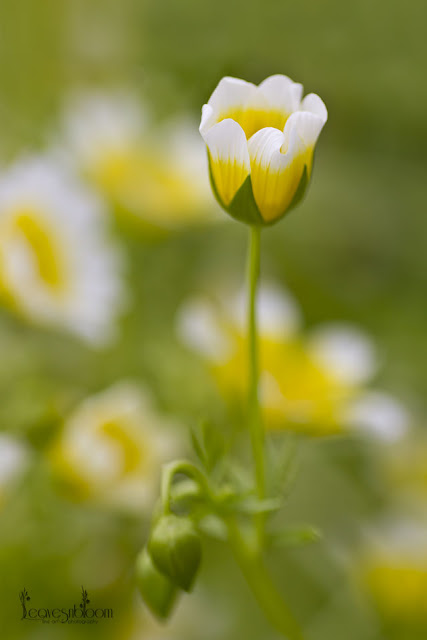
Self-Seed Prolifically
When I was preparing this article I soon realised that I only grow the poached egg plants in my front garden. Well that has got to change and over the past weekend I transplanted some of the many seedlings from the front into the back garden.
Hopefully they'll flower and self seed themselves prolifically over time here too as I spend most of my time there rather than in the front garden. That inevitably will mean I'll be even more distracted from doing the weeding!
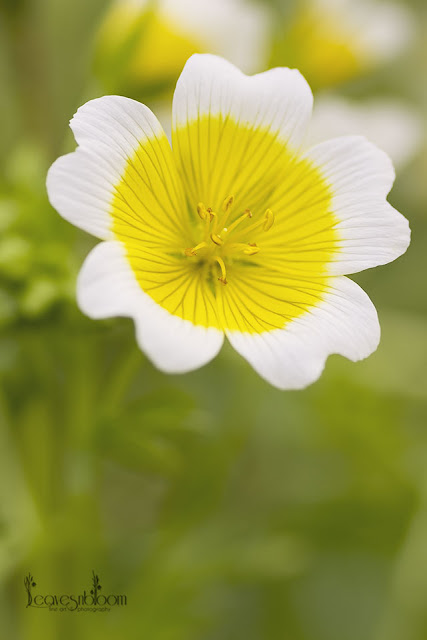
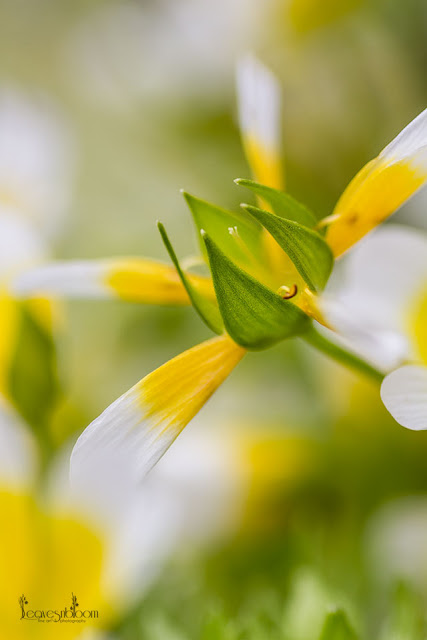
Past Perfect
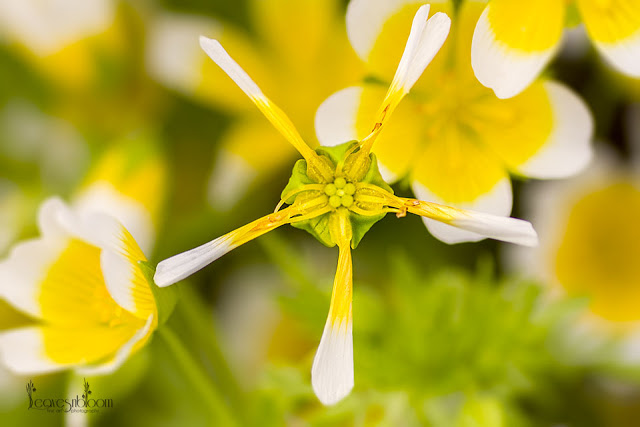
Finally ...have you ever noticed how beautiful and intricate a fading Limnanthes flower really is? It's like a flower within a flower!
More gardeners should grow these plants! They will not only encourage the pollinators into the garden to pollinate fruit and vegetables but also help sustain our dwindling bee populations.


